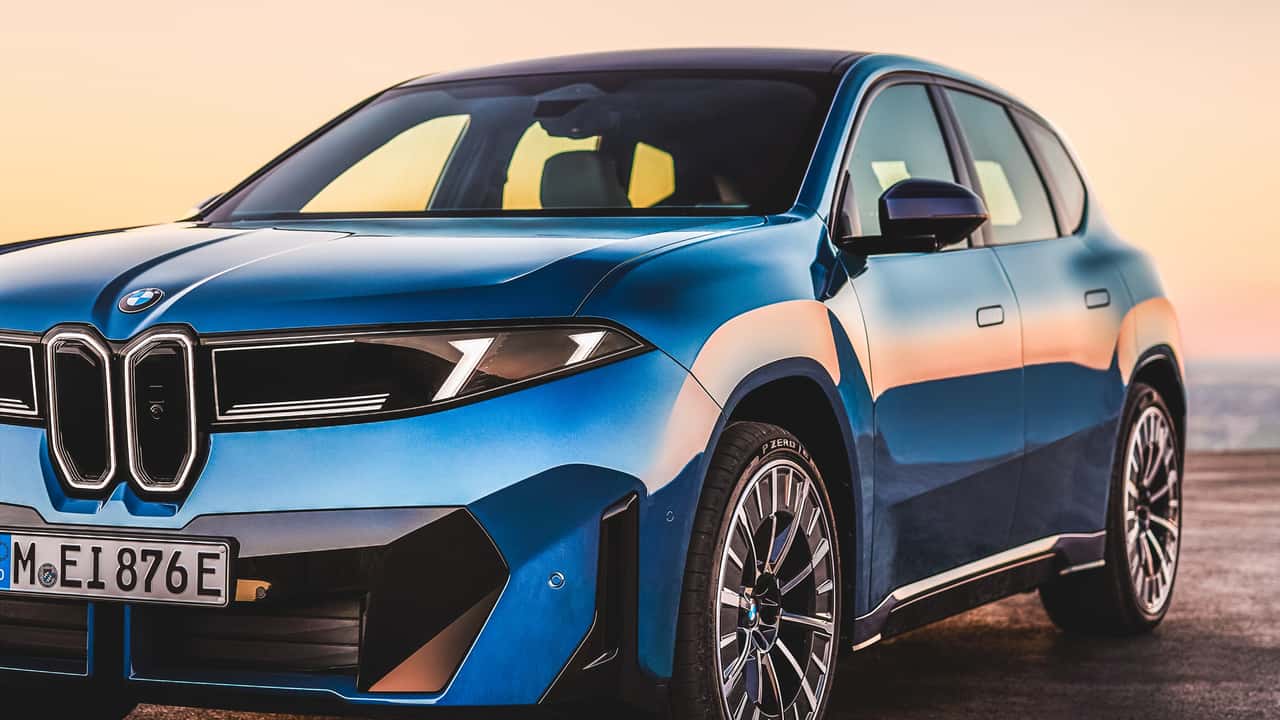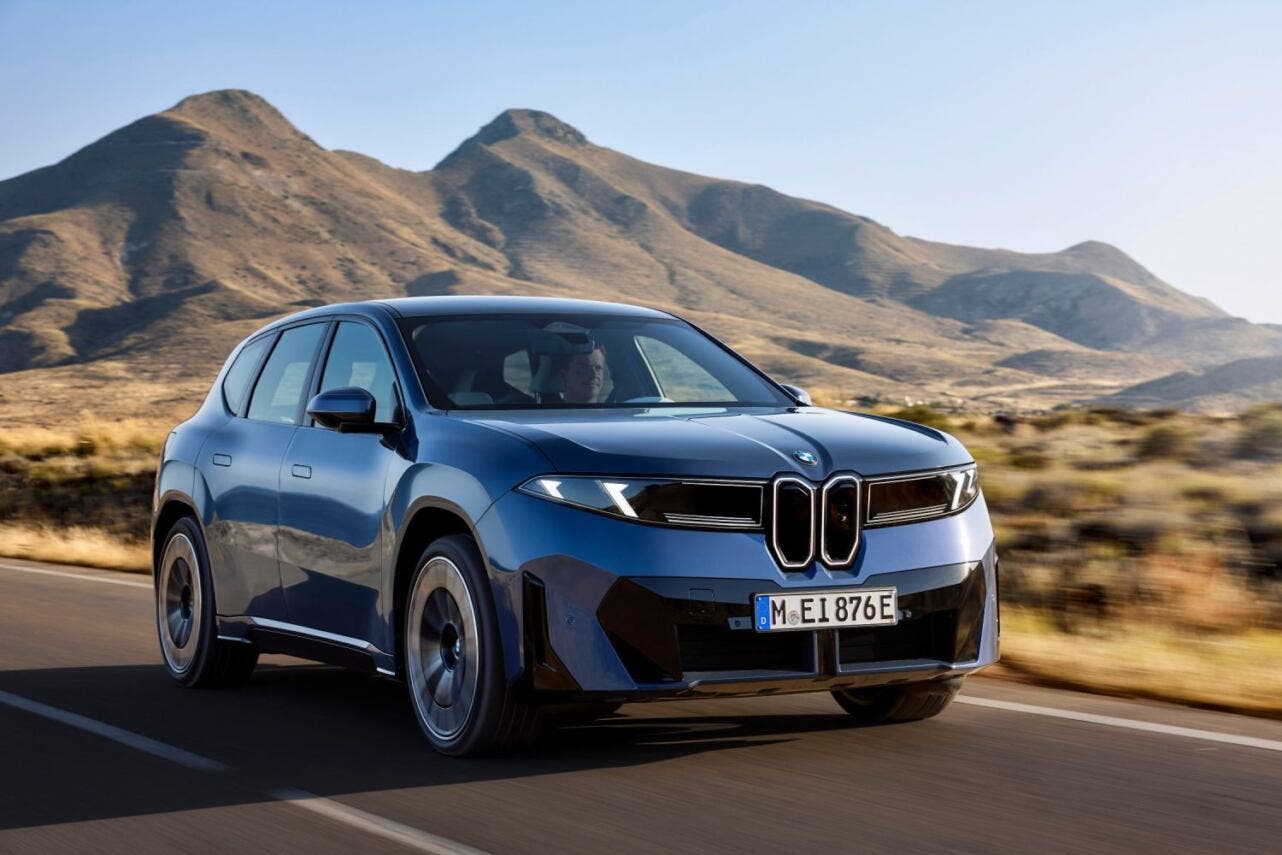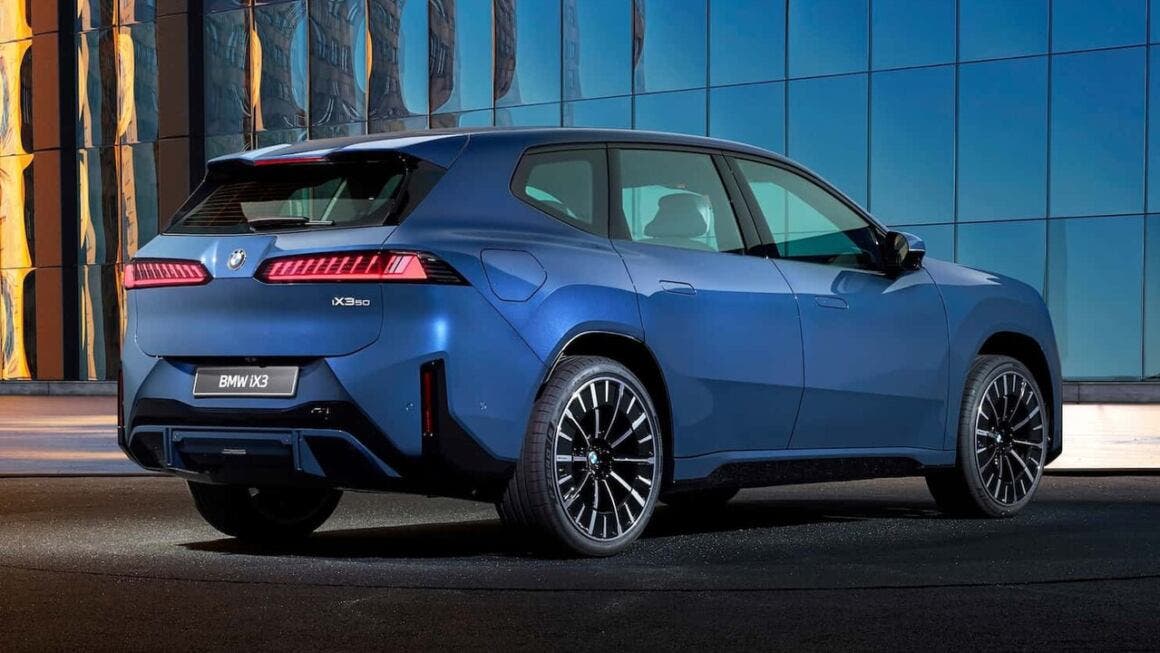The production version of the BMW iX3 at the exclusive preview event in Germany, before the IAA Mobility, is quite impressive. The new-era model is an electric SUV with around 400 miles of range, built on a next-generation EV architecture comparable to Tesla and Rivian, complete with advanced software, AI-powered features, bidirectional charging, and a host of cutting-edge technologies that set a new benchmark for BMW.

“Naturally”, it was expected to come with a hefty price tag, somewhere around $80,000. Surprisingly, BMW announced that the iX3 50 xDrive will launch in the U.S. next summer at a starting price of under $60,000. In Europe, it will begin at €68,900, roughly $80,000. But the real game-changer will arrive in 2027, when BMW introduces the 40 sDrive and 40 xDrive versions, rear- and all-wheel-drive models, starting at under $55,000.
What makes this announcement even more significant is that these lower-priced trims won’t compromise range. Both are expected to deliver over 300 miles per charge, a figure that effectively eliminates range anxiety for most drivers. Add to this BMW’s signature long list of optional extras, and the iX3 becomes an even more attractive proposition.

Considering that a gasoline-powered BMW X3 starts at about $50,900 in the US, but usually costs between $55,000 and $60,000 once equipped, the iX3’s pricing is remarkably competitive. Not only does it take aim at the Tesla Model Y and Hyundai Ioniq 5, but it does so while offering faster charging, advanced bidirectional capability, and far more refined interiors.
The key lies in BMW’s new Neue Klasse EV platform: a zonal architecture controlled by four “superbrain” computers that cuts wiring by 600 meters compared to previous generations. Combined with batteries that are 40% to 50% cheaper to produce, this innovation allows BMW to bring EV production costs closer to parity with gasoline vehicles.
In a market where high battery costs remain the biggest hurdle, BMW may have found the formula to speed up the transition to a future where EVs and ICE cars cost roughly the same.
